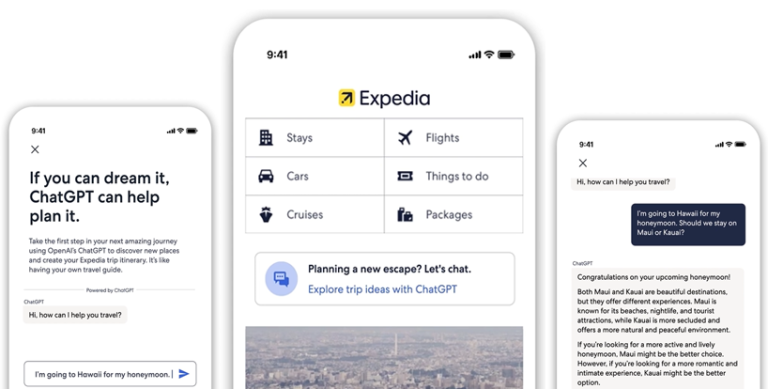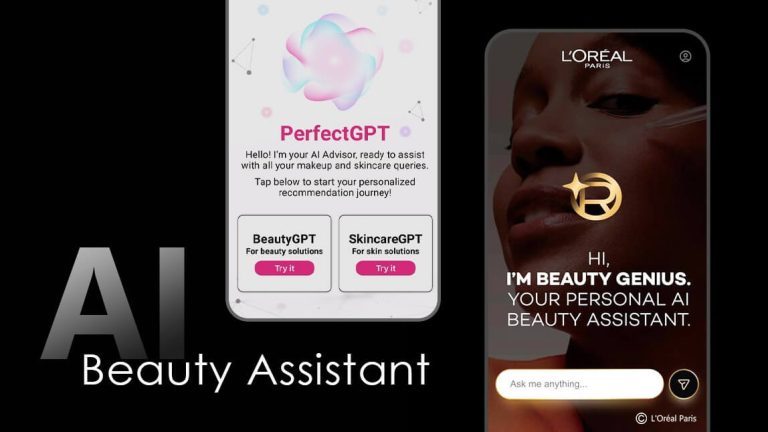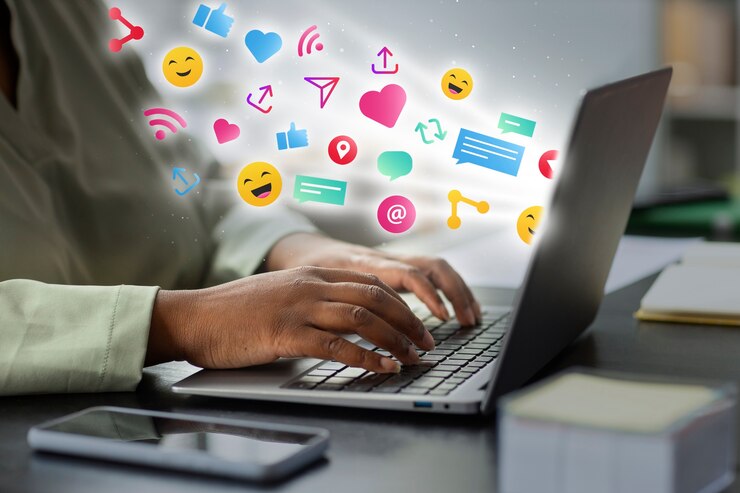Last week, Expedia unveiled a groundbreaking campaign that harnesses the power of artificial intelligence, redefining the way we plan and experience travel. In a world where personalisation is no longer just a trend but an expectation, this new approach promises to elevate the travel experience by offering tailored recommendations that resonate deeply with individual preferences and behaviours.
At the heart of Expedia’s campaign is a sophisticated AI system designed to analyse a wealth of user data. By examining past travel behaviour, search history, and even social media interactions, the platform can provide customised itineraries, hotel suggestions, and activities that truly match what travellers are looking for. Gone are the days of generic travel packages; instead, Expedia aims to make each journey feel unique and personal. Whether you’re a foodie eager to explore local cuisines, a history buff interested in cultural landmarks, or an adventure seeker on the hunt for adrenaline-pumping activities, the AI takes into account your interests, transforming the often-tedious process of planning into an exciting adventure of discovery.
One of the standout features of this campaign is the integration of an AI chatbot that assists users in finding and booking experiences in real-time. Imagine having a friendly, knowledgeable assistant available 24/7 to guide you through every step of your journey. This chatbot can answer questions, provide recommendations, and even help you adjust your plans on the fly. If you suddenly decide you want to swap a museum visit for a last-minute beach excursion, the chatbot can quickly offer nearby options that suit your newfound whim. This interactive element adds a layer of convenience that modern travellers crave, making it easier than ever to create an itinerary that suits their evolving preferences.
But what truly sets this campaign apart is Expedia’s use of predictive analytics. This technology allows the platform to anticipate user needs and preferences before they even realise, they have them. For instance, if you frequently search for beach getaways or have a history of booking family-friendly resorts, the AI might alert you to special deals on coastal accommodations or highlight new attractions that have recently become popular in your desired destination. This proactive approach helps users feel understood and valued, fostering a deeper connection with the brand. It’s not just about providing options; it’s about crafting a seamless travel experience that evolves alongside the traveler’s desires.
As the travel industry continues to recover from the pandemic, this personalised approach couldn’t come at a more crucial time. Many travellers are looking for meaningful experiences that transcend typical tourist attractions. Expedia’s campaign taps into this growing desire for authenticity, allowing users to explore destinations in a way that reflects their own interests and values. It’s not just about where you go; it’s about how you experience it. This shift towards experiential travel is becoming increasingly important, as consumers seek to create lasting memories rather than just check off items on a list.
The reaction to Expedia’s AI-driven campaign has been overwhelmingly positive, with users praising the ease and efficiency of the booking process. Reviews highlight how the platform not only simplifies travel planning but also enhances customer satisfaction. By leveraging AI technology, Expedia is setting a new standard in the industry, encouraging other travel brands to rethink their marketing strategies and embrace technology in a similar fashion. This innovation positions Expedia not just as a booking platform, but as a trusted travel partner that genuinely understands its customers.
Furthermore, the campaign reflects a broader trend in the travel industry, where brands are increasingly integrating technology to enhance user experiences. From virtual reality previews of destinations to mobile apps that provide real-time updates, technology is reshaping how we interact with travel brands. Expedia’s focus on AI personalisation places it at the forefront of this movement, showcasing how technology can be used to forge deeper connections between travellers and their journeys.
Expedia’s latest campaign is a bold leap into the future of travel marketing. By harnessing AI to personalise the user experience, the company is transforming how people approach travel planning. As consumers increasingly seek tailored experiences that resonate with their unique desires, this innovative approach positions Expedia as a leader in the travel industry. The future of travel is here, and it’s personalised, intuitive, and incredibly exciting. As we look ahead, it will be fascinating to see how this campaign influences not only Expedia’s trajectory but also the broader landscape of travel marketing, pushing boundaries and inspiring new ways for travellers to explore the world.







